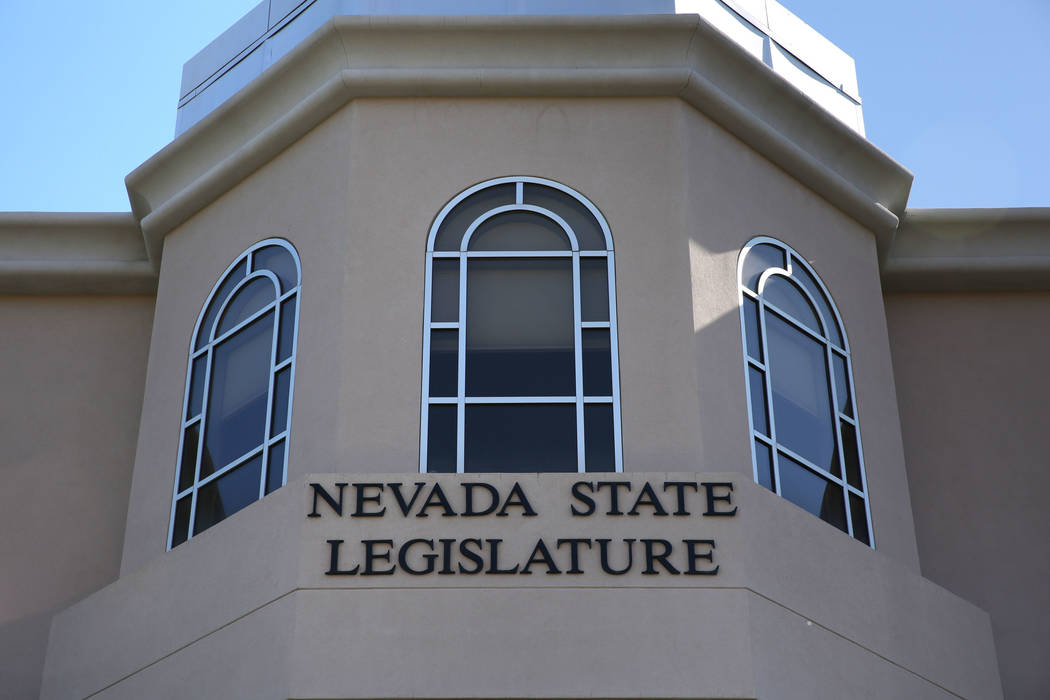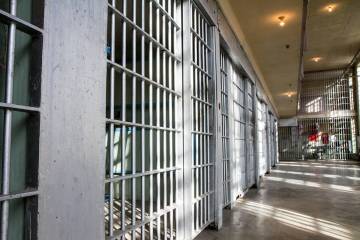EDITORIAL: Virus scare threatens to blow hole in Nevada budget
The stock market plunged Monday as the new coronavirus and falling oil prices stoked more fears of a worsening global economic crisis. The Dow fell more than 2,000 points, and officials reported that the virus has hit 34 states, although the death toll remained low.
Nevada now has four cases of the illness. In Las Vegas, Strip hotels are dealing with a smattering of convention cancellations and tourists cutting back on travel and entertainment plans.
Whether one believes these developments represent an overreaction or a rational response to a growing public health hazard, the consequences for Nevada are all very real, particularly for state and local policymakers.
Nevada’s two-year budget is heavily dependent on sales and gaming tax revenue, both of which will take a hit even if the coronavirus pandemic soon passes. From a strictly economic perspective, the state likely faces a budget shortfall next legislative session thanks to the coronavirus scare, both due to sagging tax collections and increased public health obligations. In addition, the struggling financial markets exacerbate the state’s public pension deficit, which is already in the billions of dollars.
The situation will worsen the longer the uncertainty drags on, potentially casting a wide net to severely impact workers and small businesses. And if state revenues fall well short of projections, lawmakers will face difficult choices.
The news also has considerable ramifications for special interest groups. For instance, the Clark County teachers union has proposed twin ballot questions asking voters to raise taxes by more than $1 billion for the state’s public school system. The move is an effort to pressure majority Democrats to funnel additional cash into education, but the timing for the push couldn’t be worse if coronavirus fears leave the average Nevadan with a hemorrhaging 401(k) and state lawmakers scrambling to cover a significant budget gap.
In addition, a new Nevada statute allowing state employees to collectively bargain could present even more budget challenges for state lawmakers given the current environment.
The problem isn’t unique to the Silver State. Lawmakers in Florida, another locale heavily reliant on tourism, have expressed fears that the outbreak will leave the state vulnerable to major financial issues. Legislatures in Illinois and New York have similar concerns.
Many observers remain optimistic that once the coronavirus threat clears, the financial markets will roar back and the tourism industry will quickly rebound to refill state coffers. Perhaps. But even under the best-case scenario, some damage will be inevitable. The only question is: How much? The importance of conservative revenue projections and prudent spending plans has never been more evident.

















